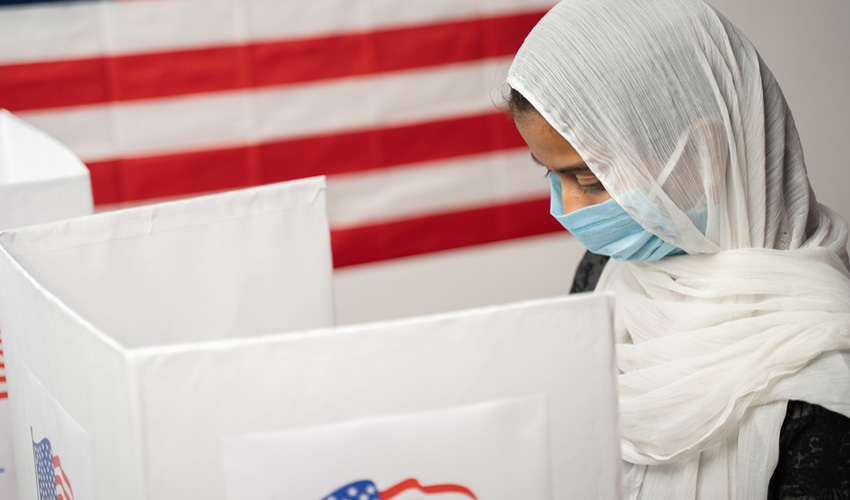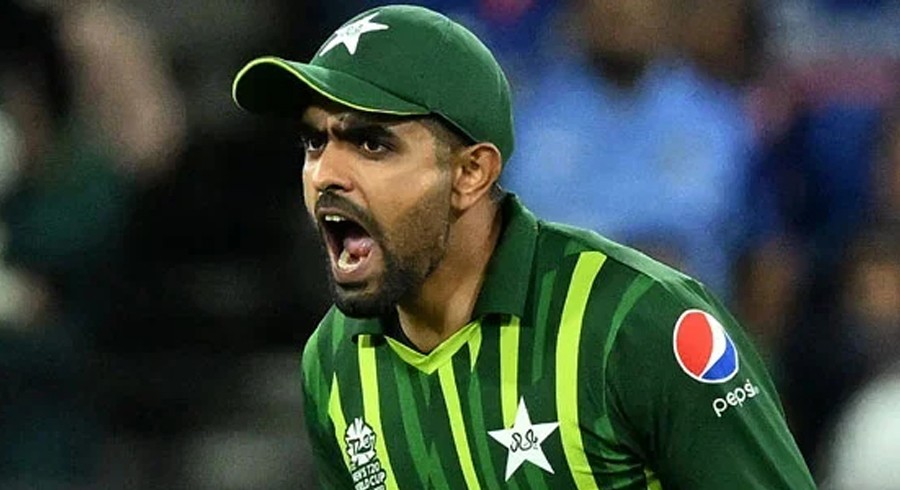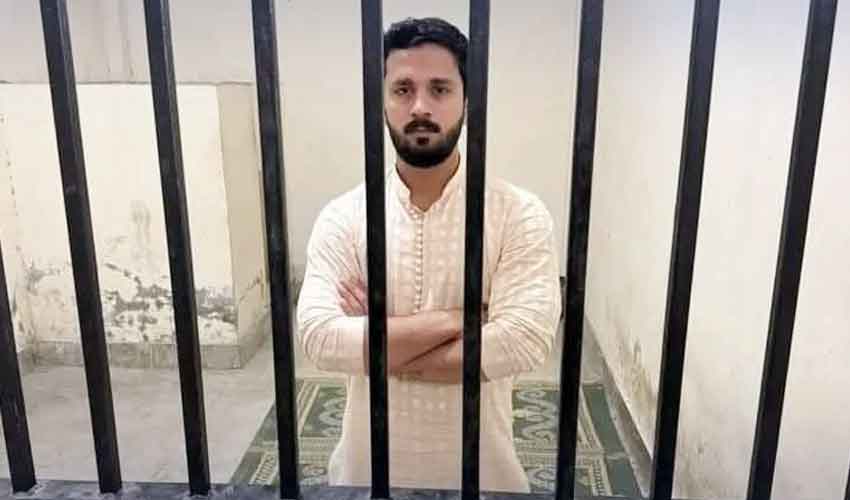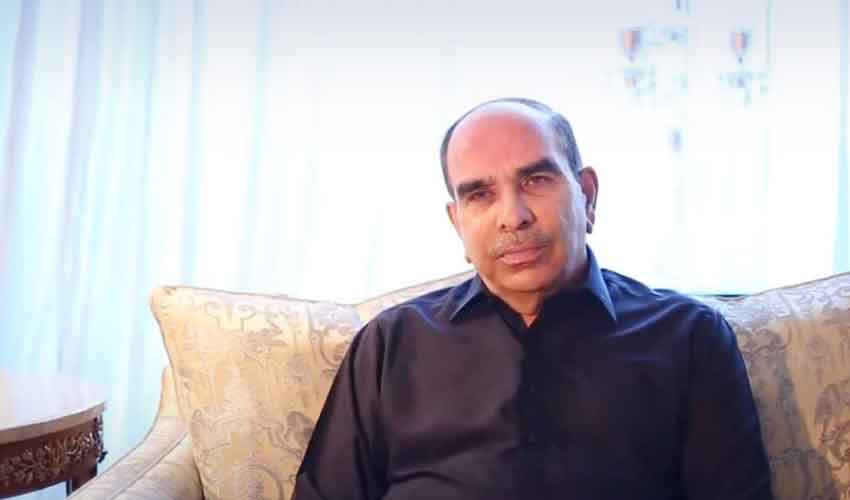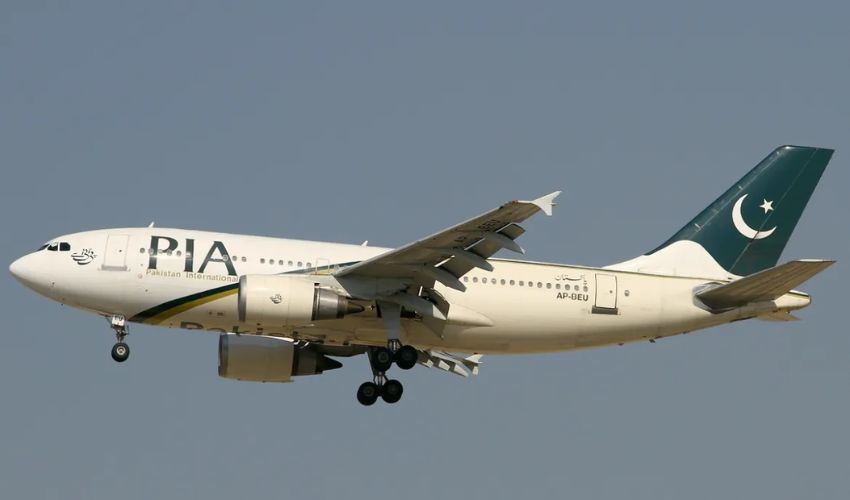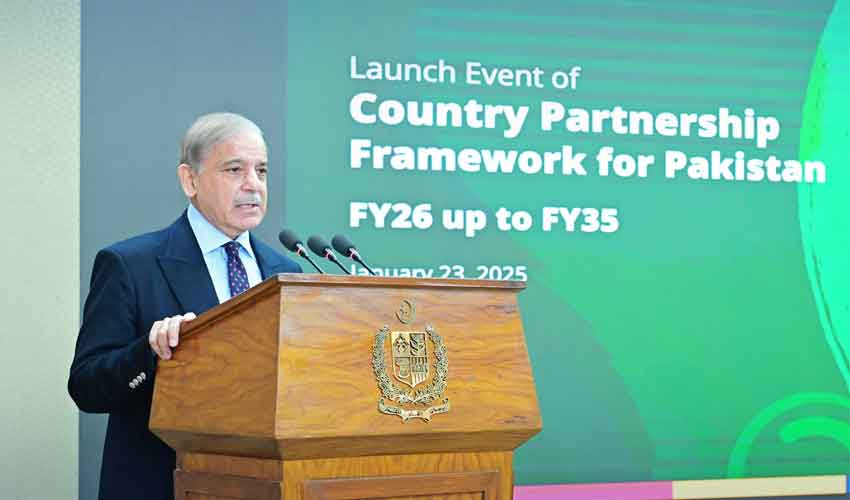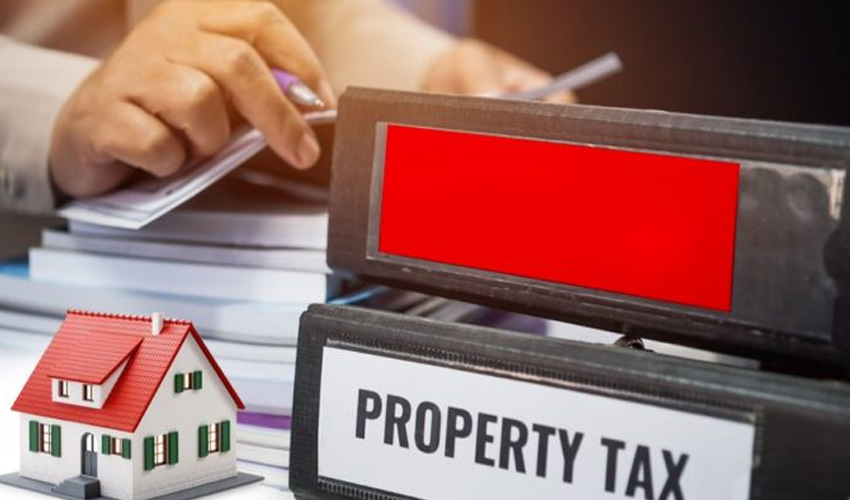As the US presidential elections draw near, many American Muslims wonder: will they elect Kamala Harris, to continue the Democratic administration begun by Joe Biden, or former President Donald Trump? Though he was criticized for the 2017 "Muslim ban," the latter gives them an alternative to continuing policies that seem indifferent to their concerns.
The Muslim vote is but one per cent of the US population, which could spell all the difference this time around in its Michigan and Pennsylvania battleground states, where the margins are tight. This year, however, presents an even tighter choice to America's Muslims, whose opinions seem to be divided broadly over whether the Democratic administration is wrong to address the Israel-Gaza conflict.
Divided democrats' vote?
A recent poll showed that 29.4% of Muslim Americans preferred to vote for Kamala Harris. The Democrats have gained a significant share of the vote from Muslims for a long time, with 65% to 80% of the Muslims voting for Hillary Clinton in 2016 and Joe Biden in 2020, while 80% to 92% supported Barack Obama in his races. This lower Harris projection shows that the Democrats are not satisfied with the approach towards Gaza, mainly because of the voters who have been ready to see a more balanced foreign policy on the part of Biden concerning the conflict between Israel and Palestine.
For many, the disappointment is pegged on a seeming apathy towards Palestinian lives in Gaza. Yet, fresh in memory is the Trump administration's "Muslim ban" and the Islamophobic sentiments that thrived post-9/11. Muslim voters now have to decide whether they should vote for a lesser evil option or abstain from voting altogether.
The American Muslim community finds itself in a controversy similar to the one that pro-democracy voices in Pakistan have had to contend with, particularly since the liberal circles of Pakistan are faced with the problems presented by the institutional power struggle and the newly enacted 26th Amendment.
People in Pakistan who enter the system to reform it are viewed as being part of the wrong setup, whereas those who remain outside the system risk anti-democratic forces filling the vacuum. American Muslims have a lot to teach us about dealing with such hurdles: to engage continuously in the political system but demand change from within.
Political engagement of American Muslims
1. Respect democratic process
American Muslims differ, but they do concede that politics matters. many analysts argue that some of the policies pursued by Democratic candidates go against their values, yet it is President Trump who drives them into Kamala Harris's arms. For him, being within the system, even in criticism, ensures his voice remains in and for change on matters of Palestinian rights and many more things.
Some are bounded by conscience and thus can't quite vote for a party that has allowed war crimes. Respecting an individual's conscience while participating in democracy forms an all-rounded, balanced political engagement in policy formulation instead of just resigning to the status quo.
2. Engage in dialogue open
Although American Muslims disagree on specific issues, they maintain an open, respectful dialogue. Those like Hamid and Moghul argue over their differences but commit to advocating for Palestinian freedom and American democracy.
Pakistani liberals often quarrel over strategy. If pro-democracy activists could maintain respectful debate and agree on core issues, they could potentially strengthen their collective voice.
3. Put institutions over individuals
He believes loyalty to democratic principles should prevail over loyalty to individual leaders in his scathing attacks on the Democratic Party. Most Americans, including Democrats, abhor U.S. interventionist policies in the Middle East, and 77 percent of Democratic members opposed additional arms supplies to Israel last year. If activists can focus on improving democratic institutions and systems rather than on personalities, then they might well reach broader, sustainable goals.
4. Local issues focus
Even if Moghul may abstain from voting in the presidential election, he will support those contesting in the local and state elections as a sign of working for the consolidation of democracy from the grass-roots level.
Likewise, establishing local governance institutions could also be an important task for challenging elite power at the national level by taking a more active interest in grassroots issues.
5. Think long-term
In general, one of the shortcomings was the failure to alter U.S. policy on the Middle East. Analysts observes that, "with more pro-Palestinian voices in Congress than ever, this has done nothing to affect the wholesale shift in the nation's foreign policy." Still, representation of Muslims in Congress now involves political figures such as Keith Ellison in 2006, Somali-American Ilhan Omar, and Palestinian-American Rashida Tlaib.
This point thus makes the case about political movements and persistence. To Pakistan, perhaps the pro-democracy camp needs a longer-term approach- coalition building and organizational efforts that take account of the lack of intermediate results.
The 2024 election presents a complicated moment for American Muslims. A frustration born of a sense Democrats are weak on Gaza, coupled with the history of Islamophobia as it has been expressed by the Republican Party, has meant that some voters have yet to coalesce around a clear candidate. They remain engaged in the process, searching for ways to amplify their concerns and make their voices heard in shaping policy.
It presents Pakistan with the chance to learn that positive, constructive participation within the political process; an individual conscience must be respected, and coalitions over time must be established. These are valuable lessons for Pakistan's pro-democracy activists in moments of short-term challenges on their march towards a more inclusive democratic future.





